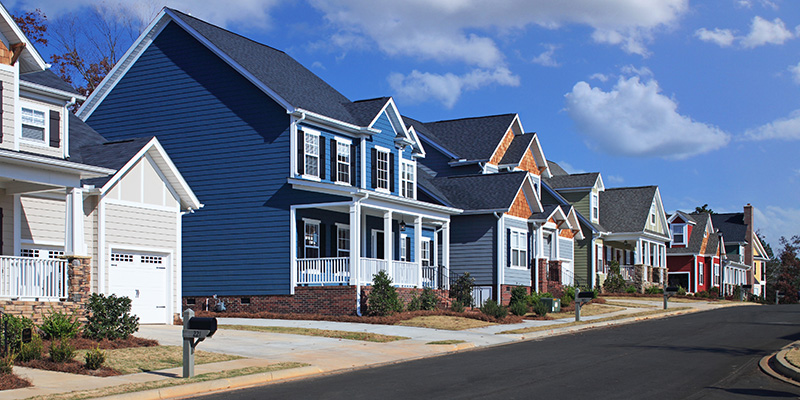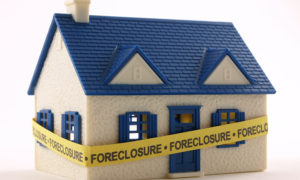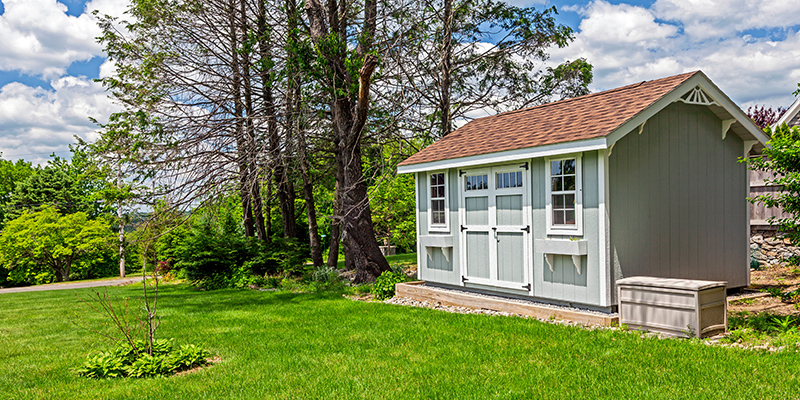Colorado New HOA Laws: How Will This Impact HOAs?

In Colorado, new HOA laws were recently passed. These new laws will significantly affect how homeowners associations in the state operate. As such, every HOA board should make an effort to familiarize themselves with these laws.
Browse By Category
Sign up for Our Newsletter
In Colorado, new HOA laws were recently passed. These new laws will significantly affect how homeowners associations in the state operate. As such, every HOA board should make an effort to familiarize themselves with these laws.
The Passing of Colorado New HOA Laws
In addition to their governing documents, homeowners associations are regulated by federal and state laws. It is important that all HOAs remain up-to-date on all the laws that govern them. In doing so, they can avoid potential liability.
However, every now and then, states and local governments will pass new laws that can affect the operations of homeowners associations. While some laws take a long time to pass, this is a completely normal process. It may take effort to consistently remain aware of new developments in the law, but HOAs should keep in mind that legislators typically have associations’ and homeowners’ best interests at heart.
What Are the New Colorado HOA Laws?
The Centennial State recently passed four new bills into law — three House Bills and one Senate Bill. The new HOA laws Colorado passed are HB 22-1137, HB 22-1139, HB 22-1040, and SB 22-059.
House Bill 22-1137: Homeowners’ Association Board Accountability and Transparency
House Bill 22-1137, otherwise known as Homeowners’ Association Board Accountability and Transparency, amends Colorado Revised Statutes Section 38-33.3-209.5. This bill changes the way homeowners associations can collect dues, assessments, and fines. According to the bill, HOAs must follow the detailed notice and procedural requirements if it wishes to enforce the payment of any delinquencies.
While the bill consists of several provisions, some of the most important ones include the following:
- Homeowners associations must first contact the owner about the delinquency prior to making any collection attempts.
 Homeowners associations may only refer delinquent accounts to an attorney or third-party collection agency if the board votes to do so at a meeting. As such, HOA management companies may no longer do this without board approval.
Homeowners associations may only refer delinquent accounts to an attorney or third-party collection agency if the board votes to do so at a meeting. As such, HOA management companies may no longer do this without board approval.- The bill imposes a $500 fine limit for any violations that don’t jeopardize public health or safety that owners don’t remedy within 30 days.
- Homeowners associations can no longer foreclose on an owner on the basis of unpaid fines. This applies to fines for all violations, whether they jeopardize public health and safety or otherwise.
- Homeowners can now sue HOAs for breaching foreclosure laws for a period of up to 5 years following the violation. If the violation has been proven, a court may ask HOAs to pay homeowners damages of up to $25,000 in addition to reasonable attorneys’ fees and costs.
House Bill 22-1139: Homeowners’ Associations Cannot Regulate Use of Public Rights-of-Way
House Bill 22-1139 amends Colorado Revised Statutes Section 38-33.3-106.5. According to the bill, it is illegal for homeowners associations to prohibit the use of a public right-of-way. Homeowners associations may not include such prohibiting provisions within their bylaws, CC&Rs, and operating rules.
Prior to the amendment, this particular section of the Colorado Revised Statutes prohibited HOAs from imposing certain vehicle and speech restrictions. These include political, patriotic, and religious forms of expression, such as flying a flag or hanging a religious symbol.
House Bill 22-1040: Home Owners’ Reasonable Access to Common Areas
According to Colorado Revised Statutes Section 38-33.3-302, homeowners associations can “regulate the use, maintenance, repair, replacement, and modification of common elements.” House Bill 22-1040 amends this section to include a new provision. As per the provision, homeowners associations must preserve the ability of owners to enjoy and use the common elements. Associations are prohibited from restricting access or enjoyment in an unreasonable manner.
However, as the amendment states, homeowners associations can restrict access to common elements in situations where it is necessary, such as if maintenance or modification is being done. This is to “protect the safety of any individuals, including unit owners, their guests, and individuals performing the maintenance, repair, replacement, or modification of the common element.” Restricted access may also be needed to “preserve the structural integrity or condition of a repair, replacement, or modification.”
A maintenance or modification project may require a long period of time to complete. If the job will take more than 24 hours, the bill requires associations to give owners notice. This notice should also explain the restricted use of the common element.
Senate Bill 22-059: Homeowners’ Association Voting Proxy Limitations
Senate Bill 22-059 amends Colorado Revised Statutes Section 38-33.3-310. This section gives homeowners the ability to assign a proxy to vote on their behalf in the HOA elections. The amendment, however, adds an expiration date. As per the bill, the proxy status will terminate at a maximum of 11 months, though owners can also designate an earlier date of termination.
Colorado Bills That Failed to Pass
 The past legislative session may have brought on four new laws, but there are a few others that failed to make it. House Bill 22-1387 is a prime example. If passed, this bill would have helped ensure that homeowners associations maintained sufficient reserve funds. It also mandates reserve studies for HOAs. Unfortunately, while the bill did pass the legislature, the governor ended up vetoing it.
The past legislative session may have brought on four new laws, but there are a few others that failed to make it. House Bill 22-1387 is a prime example. If passed, this bill would have helped ensure that homeowners associations maintained sufficient reserve funds. It also mandates reserve studies for HOAs. Unfortunately, while the bill did pass the legislature, the governor ended up vetoing it.
House Bill 22-1020 is another bill that failed to pass. The bill would have protected the rights of homeowners to use certain kinds of energy.
Lastly, Senate Bill 22-060 would have placed a limit on fee increases without a majority vote of approval from the membership. Sadly, the bill also failed to pass.
Keeping Up With New Laws
It is not uncommon for state and local governments to pass new laws that would affect homeowners associations. Colorado’s new HOA laws are proof of that. Many HOAs, however, understandably have a hard time keeping up with ever-changing laws. Fortunately, an HOA management company can help interpret the new laws and ensure the association remains compliant.
RELATED ARTICLES:
Trending Now
Related Article
Sign up for Our Monthly Newsletter
Sign up below for monthly updates on all HOA Resource
















